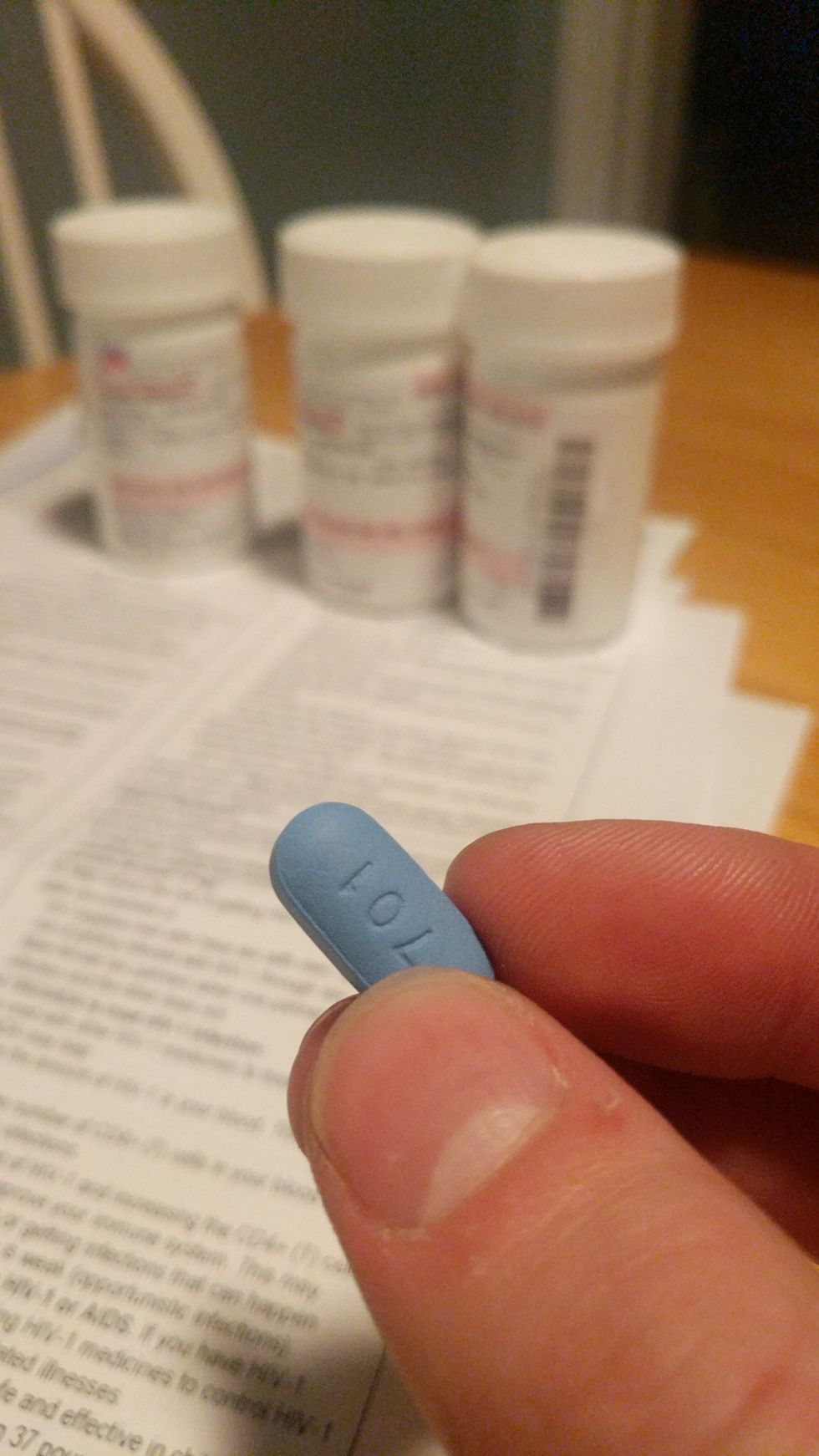The year is 1982. Groups of gay men in California and New York have started developing diseases like Kaposi’s Sarcoma and Pneumocystis carinii pneumonia that aren’t normally encountered in people of their age or health. Doctors determine that something is decimating these men’s immune systems. Thus their weakened state is deemed GRID – gay-related immune deficiency. Despite the best efforts of the medical community, this mysterious disease is invariably fatal in its early years. The immune systems of those affected become progressively weaker, allowing the body to contract more and more diseases and cancers, resulting in a horrifying death. Perhaps even more agonizing than the physical symptoms of the disease, however, is the ostracization of its victims. The fact that “gay” is in the name of the disease spells disaster for the gay community. Methods of transmission of the disease are not well-understood by the public, resulting in widespread fear of those who are or who could be affected by the disease. For many years, the President of the United States refuses to acknowledge the disease and very little funding is made available to research institutions that seek to find treatments. Evangelicals make the claim that this is God’s punishment to homosexuals for living in defiance of the Bible and that the world should be thankful for it. Those affected are essentially forced to come out to their families whether or not it is safe and even the people who manage to evade the disease are forced to watch their friends die in droves.
That was 1982. Thankfully, we have made immense progress in the prevention, treatment, and destigmatization of HIV/AIDS. Since the late 1980s we have had antiretroviral drugs such as AZT, and since the mid-1990s we have had components of highly active antiretroviral therapy (HAART). It is a well-known fact that condom usage prevents the transmission of HIV and, thanks in part to the late Princess Diana, the public is no longer as irrationally afraid of those who are HIV positive as they once were. Those with HIV/AIDS don’t suffer the same physical isolation that they would have 30 years ago. Despite all this improvement, It seems that there is one particular element of HIV prevention that goes much more unnoticed than others–PrEP.
PrEP stands for Pre-Exposure Prophylaxis, and it serves as a very effective method of HIV prevention in the form of a pill called Truvada, taken daily. Truvada is a combination of two different antiretroviral drugs: emtricitabine and tenofovir. When used consistently, PrEP can reduce the rate of HIV transmission via sex by 90% or more–even with no other protection in use. Truvada is so effective at HIV prevention, in fact, that at the time of this writing, only three people have gone from HIV negative to HIV positive while taking the drug as directed. This efficacy doesn’t come without a cost, however.
Truvada is expensive. With no financial aid, it costs just over $1,000 per month in the United States. Most insurance covers Truvada, however, and those without insurance can apply for aid through Gilead (the manufacturer) or through various organizations that are funded through state governments. Despite the cost, enough assistance has been made available that it is not prohibitive.
I recognize that many of the people reached by this article are already educated and informed enough to know of PrEP and its life-saving effects. Larger cities, like the ones I have lived in, often have to advertise for PrEP and have programs in place to help make it more affordable for all people. The people most in need of this information are the people most detached from it--those who live in places where sex education is flimsy and where HIV rates are already high. What I ask of you, therefore, is this. Take this information to your friends and family who might be in need of it. If you are lucky enough to be on Truvada yourself and you feel safe and comfortable doing so, don’t feel the need to keep it a secret. My phone has an alarm on it for 10:00 PM every day that unabashedly states “DON’T GET HIV” as my Truvada reminder (the name was derived from an inside joke in high school). Some of my friends have asked what it means, and I’ve explained to them what Truvada is and why I take it. The one thing that they all had in common? None of them knew what it was before I explained it to them. Now, they are armed with information that they can use for themselves or bring to people they know who may be in need of it. Being willing to talk about issues like these will help to take the stigma away from those who do have HIV, and it could be life-saving. Again, it isn’t everyone’s job to do this. Not everyone is safe to be completely open about their lives. But if you are and you feel comfortable doing so, you can make a great deal of difference. Together, we will help create an HIV/AIDS-free world.
Some Reminders:
HIV-positive people with an undetectable viral load cannot transmit HIV.
HIV cannot be transmitted through casual contact with HIV-positive people.
Oral sex carries an extremely low risk of HIV transmission
Truvada is only for people who are HIV-negative
HIV cannot and should not be treated only with Truvada (see why)





















